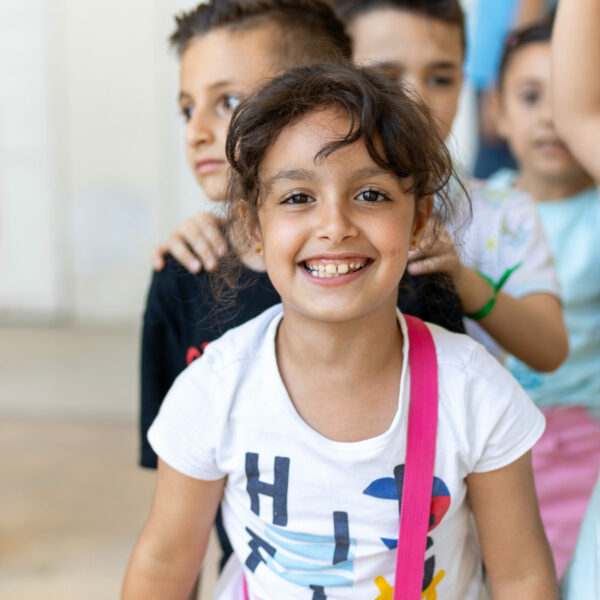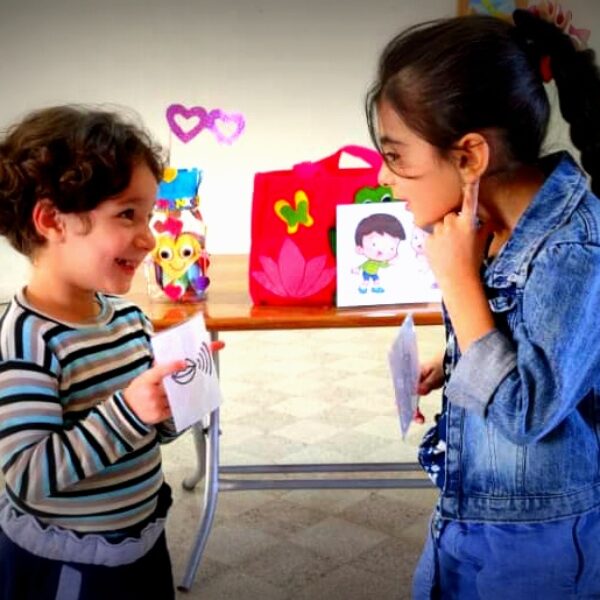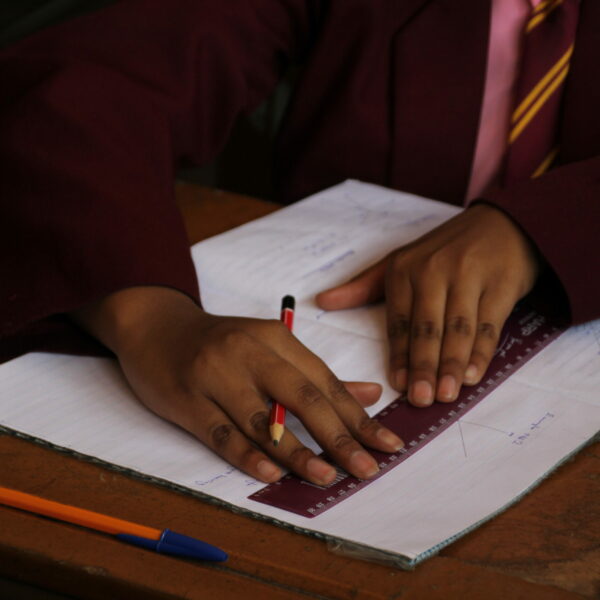 2021 is the International Year for the Eradication of Child Labor and the global partnership Alliance 8.7, of which UNICEF and the ILO are parties, is encouraging member states, social partners, businesses, civil society and regional and international organizations to increase their efforts in the global fight against child labor and to make concrete commitments in a world where the number of adults unemployed is growing, the number of child workers is 160 million, 50% of whom are between 5 and 11 years old.
2021 is the International Year for the Eradication of Child Labor and the global partnership Alliance 8.7, of which UNICEF and the ILO are parties, is encouraging member states, social partners, businesses, civil society and regional and international organizations to increase their efforts in the global fight against child labor and to make concrete commitments in a world where the number of adults unemployed is growing, the number of child workers is 160 million, 50% of whom are between 5 and 11 years old.
Most children do not receive a fixed salary and are compensated according to their “production level”. Their work is paid very little or not at all. Sometimes employers cheat them of their wages, with the excuse that they are not satisfied with the job.
Many children take up to one fifth of the local minimum wage. We are talking about 2 or 1 Euro per day and per week. Their earnings are often not even enough to buy food and after long hours of work they remain hungry, with all that this entails for their growth and health.
Girls are usually paid less than boys who do the same job and often experience sexual harassment and abuse. Many children are subjected to violence and mistreatment.
According to ILO data, between 2000 and 2016 the number of child workers in the world had decreased by 38% – 94 million. But the Covid 19 pandemic has caused a massive closure of schools and an unprecedented loss of jobs by families. Many children have begun to work to help their families to survive, while others have been forced to work longer hours a day or in worse situations of exploitation and danger. Some children have become the only ones providing the family’s income after the loss of a family member because of the virus.
What to do?
School closures due to the pandemic have contributed to an increase in child labor around the world, as well as the migration of unaccompanied minors and forced child marriages which is a disguised form of trafficking.
Keeping children in school and reintegrating victims of exploitation into the school system is a very protective factor. Education must not only be accessible to all but also of good quality. If children do not learn while going to school every day, they can be inclined to drop out and enter the circuit of exploitation.
Various FMSI projects include activities such as awareness campaigns to promote access to education and back-to-school, especially for those children who have fewer opportunities and chances such as child workers, migrants and refugees, children with disabilities, children living in rural areas; monitoring the attendance of children to avoid the risk of new school drop outs; working with families to provide them with the support they need, offering free meals in the school as an aid and incentive.
In fact, in many countries, social aid to families has successfully reduced child labor and increased school enrollment. Governments and international donors are encouraged to create family aid programs to stem the phenomenon. In many cases, however, assistance is still far from what is needed.
Also in this sector FMSI has intervened with actions for the distribution of food parcels, payment of health care and scholarships, as well as with advocacy activities to strengthen the laws against child labor in various countries. At the international level, states have in fact been required to ensure that their legislation on child labor is in line with common standards, to carry out rigorous investigations and demand adequate sanctions in case of violations, to establish laws that require companies to conduct human rights monitoring in their global supply chains to ensure they do not contribute to child labor or other human rights violations.




